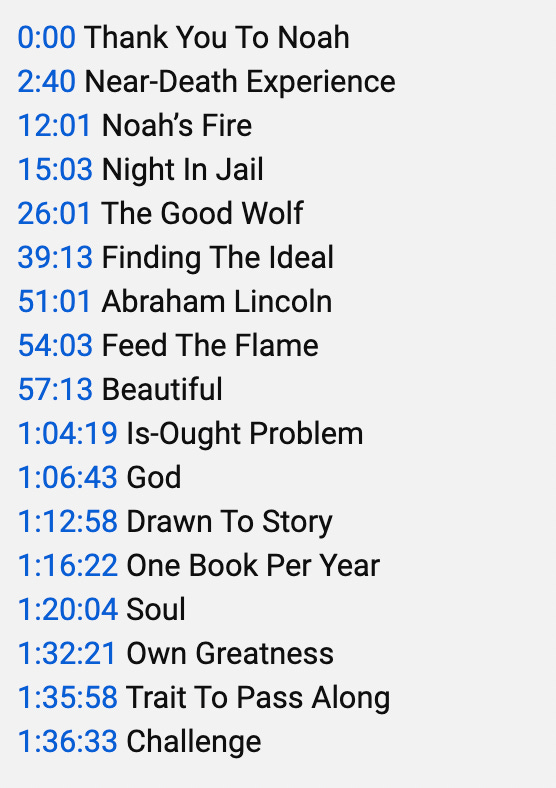Someone recently commented under one of my videos…
So it prompted me to think about the question I asked (and what it means).
Here was the question – from my interview with Iman Gadzhi:
Young people – like Mark Zuckerberg, Elon Musk, and you ($20,000,000 net worth at 22) – have more power than ever would have been possible before — thanks to the Internet. What does that mean for society?
He responded by saying a social experiment is happening. And we have no idea how it’s going to play out.
I mean, he’s right. Imagine this. For thousands of years of human history, the people with the most power were the elders. They lived long lives, developed their theories about what to do, and then passed them down to those younger than them.
But in recent history (think the last 35 years) — since the advent of the Internet — younger people could make more money and build more status and power faster than ever before.
In my mind, Bill Gates is the first person to ever do this. In 1987, at age 31, the Microsoft cofounder became the youngest-ever billionaire at the time.
But have you heard the name Alexandr Wang?
Six years, he became the youngest-ever billionaire. He was 19. But chances are – unless you’re deep in the tech world – you’ve never heard of him. He’s got less than 30,000 Twitter followers. I bring that up to point out: we’ve become so accustomed to young people becoming billionaires and controlling resources, we no longer even bat an eye. It is par for the course. It is expected and normal.
But we don’t often stop to ask… what does that mean?
Computers are a language. And the vast majority of old people do not how to speak the language. (It’s not their fault. It’s not young people’s fault. It’s just what has happened.)
What happens when one part of society does not understand the language?
Conflict. Misunderstanding. Tension.
We need to make technology (a) easier to teach to those who want to learn and/or (b) just simpler. There feels like a billion-dollar opportunity in helping old people become more tech-savvy.
Another thing it means is that if you grew up with a computer, you probably have a lot of power that you may not consciously realize you have. It’s a skill and there are opportunities that exist when you have a skill that other people don’t.
The question becomes… how do we use those advantages to create a more loving world?
One person who seems to be doing this is Isaac Lien. He created GrandPad — GrandPad is the simplest, smartest, and safest way to connect seniors with loved ones, so they'll never miss another memory. It’s basically an easier-to-use iPad.
.
You can get it on Amazon here.
Another potential way to understand our elders is to ask them questions. What was life like while they were growing up? How has life changed for them? What have been the biggest impacts of technology? What about tech do they feel like they don’t understand?
Joe Foster (the founder of Reebok) is 87. It was through our conversation that I gained empathy for what it must have been like to build a company from 1960 to 1980. If I could speak to him again, I would ask more about where he feels most misunderstood by young people.
I wrote this post not to answer the question, but to prompt a response and/or conversation. I also hope it inspires you to speak to someone older than you. If you have any thoughts, drop them below or email me back.
By the way, I dropped a new episode yesterday with Noah Huisman.
Although he’s not an elder by age (he’s 32), but he is wise beyond his years. I personally believe he’s the most underrated philosopher in the world. If you give this episode a chance, you might see why. His ability to recite stories, promote the true/good/beautiful, and help others feed their flame… it’s incredible.
Here were some topics we discussed:
You can watch the full episode here.
Have a wonderful day!






